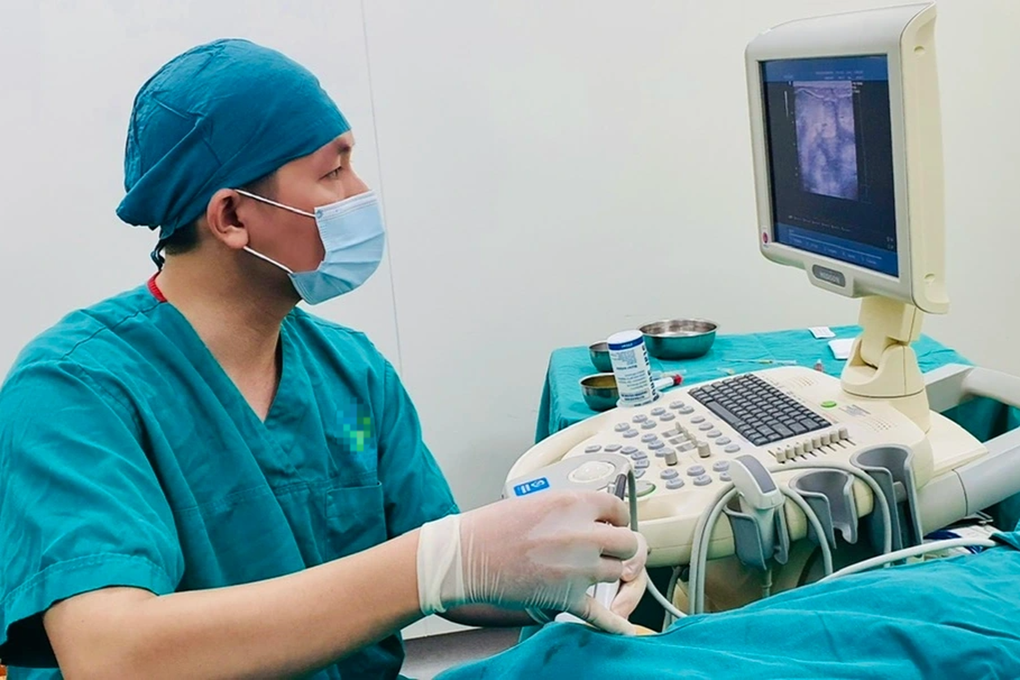The convenience and affordability of plastic bags are making them increasingly popular for storing food, particularly in schools and homes. However, using plastic bags to hold lunches and meals raises serious health concerns, especially for children. This article will detail the hidden dangers of using plastic bags for food storage.
Introduction
Recent reports of parents’ concerns about students eating meals from plastic bags at an international preschool in Thanh Xuân district have sparked significant public concern. This issue highlights the serious impact of plastic bags on human health, particularly on children, whose immune systems are still developing.
The Risk of Chemical Contamination from Plastic Bags
Plastic bags, when exposed to hot food, can release harmful chemicals into the food. Dr. Doan Du Manh, a member of the Vietnamese Cardiovascular Disease Association, explains that the material of plastic bags, typically polyethylene (PE) or polyvinyl chloride (PVC), can create harmful substances like dioxins, phthalates, and bisphenol A (BPA) when exposed to high temperatures.
 Lunch in a plastic bag: potential health risks
Lunch in a plastic bag: potential health risks
Harmful Chemicals:
- Dioxins: Highly toxic, causing cancer and weakening the immune system.
- Phthalates: Disrupting hormones, affecting development, particularly in children and pregnant women. Specifically, it can reduce testosterone levels in males and cause early puberty in females.
- Bisphenol A (BPA): Can leach into food when exposed to heat, especially in fatty environments. Long-term exposure to BPA disrupts estrogen hormones, increasing the risk of thyroid diseases, diabetes, obesity, and affecting the development of fetuses and young children.
Recycled plastic bags significantly increase the risk of heavy metal contamination, such as lead and cadmium, entering food, causing serious damage to the nervous system and long-term health problems.
The Health Hazards of Plastic Bags
Harmful chemicals from plastic bags not only increase the risk of cancer and hormonal disruption but also affect the liver, kidneys, and nervous system. Animal studies show that accumulated phthalates can impair kidney function and cause genetic mutations.
Children are especially vulnerable to these harmful substances due to their underdeveloped immune systems and reduced ability to eliminate toxins compared to adults.
Solutions for Safer Alternatives
To ensure health, prioritize using safer alternatives for food storage, such as glass, stainless steel, or BPA-free food-grade plastic containers.
- Glass/Stainless Steel Containers: The best choice for food storage, minimizing exposure to harmful chemicals.
- Food-Grade (BPA-Free) Plastic Containers: Carefully select products with food safety certifications to ensure quality.
Conclusion
Using plastic bags to store food, especially hot food, poses significant health risks, particularly to young children. Choosing safe food storage materials like glass, stainless steel, or BPA-free plastic is the most effective way to protect health. Parents and schools need to be aware of this issue to create a safe eating environment for children.
References
- US Food and Drug Administration (FDA) reports on BPA.
- World Health Organization (WHO) reports on phthalates.
- National Institutes of Health (NIH) studies on phthalates.
- Information from Dr. Doan Du Manh, a member of the Vietnamese Cardiovascular Disease Association.
- https://dantri.com.vn/suc-khoe/dung-com-trong-tui-nilon-gay-nguy-co-gi-20250305195522042.htm (Original article link)



